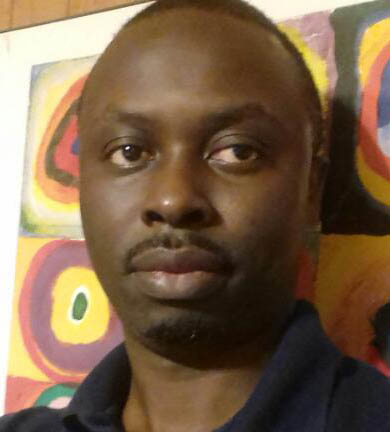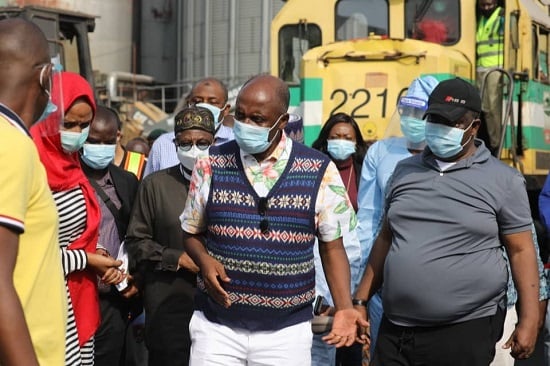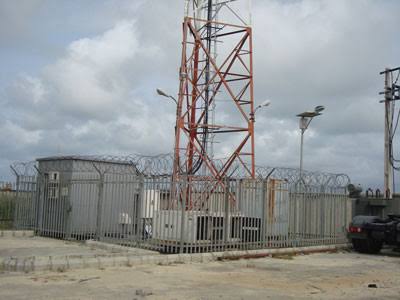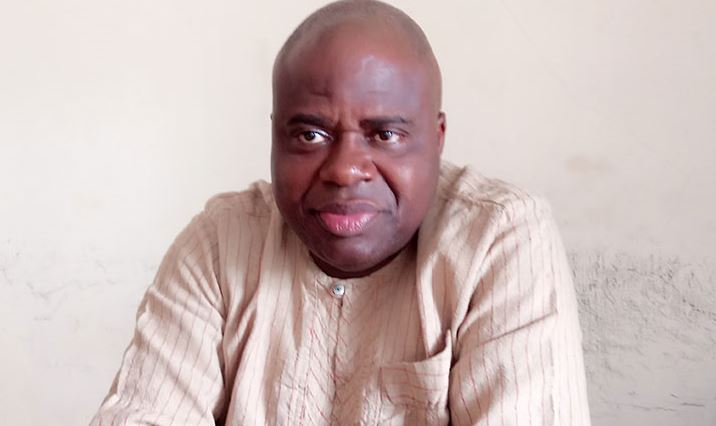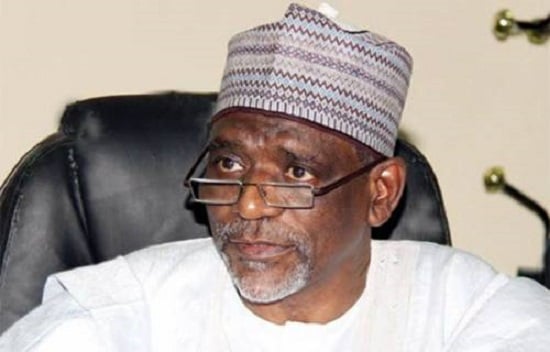Six resume tips to help you land your dream job
The news is downright depressive. Nigeria’s unemployment rate climbed to 27.1% in the second quarter of 2020. Let’s do the math: With a labor force of 80.2 million, that means about 21.7 million Nigerians are out of work. Of course, this statistics is based on survey that may not represent our reality regarding unemployment across the country.
What does the rise of unemployed Nigerians mean? It means empty purse for breadwinners and empty plates for their families. The country is falling into recession and people are falling into depression. This is troubling. As always, there is a connection between socioeconomic circumstances and life outcomes. For some household, it may mean withdrawal of children from school and lower levels of children’s attainment. For others, it may mean no access to medicals and that can be dangerous. The psychological and physical well-being part will make anyone shiver. The loss of psychosocial assets; social withdrawal; and family disruption can create mental illness for which many may not be able to recover.
So that is why the new report from the National Bureau of Statistics (NBS) is discouraging. But it is not unexpected. Nigeria slipped into recession in 2016, when oil price went down from about $112 a barrel in 2014 to below $50. Everything was impacted. The naira fell flat. People lost jobs and spending was reduced. But things started to pick up again and coronavirus knocked the economy down again. We are now back to where we were, even worse.
Really, the problem I have with the statistics office is its delay in releasing current unemployment figures. Since the last quarter of 2018, NBS did not release national unemployment statistics. That makes its new report suspicious. As always, that question of validity and reliability in the NBS research approach over the years continue to be subject of discussion.
Advertisement
From the NBS figure, we certainly need a desperate solution, but it will be important to understand why unemployment is growing in the country and why corruption proliferates.
If we do not go by population sample and actually undertake the census, head to head, the figure will balloon. We will then have more than the NBS figure of total figure of unemployment and underemployment during the current cycle.
Income inequality and social economic deprivation are the issues that continue to show up in the figure, if we care to look beyond the surface.
Advertisement
These two—income inequality and social deprivation— are the elephants that the government must deal with, while ensuring that the kind of jobs that are provided are able to lift people out of poverty and breed wealth.
As inequality mounts and the policies entrenching it remain, there’s going to be a continued bleak future for the country.
Corruption and crime will not die out of our life as a people, because one of the main drivers of corruption and crime is inequality.
I always cite the examples of bad policies from state governments that have underdeveloped our young people.
Advertisement
When young, skillful, just-out-of-school graduates are employed to serve in areas different from their orientation, we’re doing more damage to the future.
The sad side of the story comes from those states that engage skillful graduates as cleaners or traffic controllers and pay them pittance. The income inequality will grow and as it grows, the people concerned will determine their future within the system.
The common phrase on our streets these days known as “we’re surviving,” comes from that reality.
Conversely, one man whose income is proportionally higher will reach out to the extremely low-income individual for a “deal” in the same department, whether private or public.
Advertisement
The “deal” of course will perhaps change the fortune of the low-income individual albeit in illegal way, but in his/her mind he’s surviving.
And that’s the phrase you hear everywhere across the country. “We’re surviving!”
Advertisement
Yes, with illegal deals going on everywhere, some individuals may be surviving; the country will eventually cave in. That’s what we have seen in many of the high-profile corruption cases currently under trial.
There will always be those abetting corruption and crime and they often come from the group experiencing income inequality.
Advertisement
So before the government creates its much touted 774,000 jobs across the country under the government special public works programme, the policymakers need to think of how these jobs will change the NBS statistics in the future.
Will these jobs leapfrog our economy? Will the jobs check income inequality?
Advertisement
These are the two questions the government needs to answer before it continues.
We cannot ignore the main issue for too long that wealth distribution in the country is something we need to address with urgency.
Inequality is just one factor that could compromise Nigeria’s prospects for sustainable development, even with all the reforms.
In June, the World Bank says, “Beyond the loss of life, the COVID-19 shock alone is projected to push about 5 million more Nigerians into poverty in 2020. While before the pandemic, the number of poor Nigerians was expected to increase by about 2 million largely due to population growth, the number would now increase by 7 million – with a poverty rate projected to rise from 40.1% in 2019 to 42.5% in 2020.”
Accordingly, the World Bank predicted that the pandemic is likely to disproportionately affect the poorest and most vulnerable.
In May, just before the pandemic overwhelmed our economy, the NBS said in a report 40 percent of people in the country lived below its poverty line of 137,430 naira ($381.75) a year. It said that represents 82.9 million people.
“In Nigeria, 40.1 percent of total population were classified as poor,” NBS said. “In other words, on average four out of 10 individuals in Nigeria has real per capita expenditures below 137,430 naira ($352) per year,”
According to that report the highest poverty levels were in the northwest state of Sokoto, where 87.7 percent of people live under the poverty line compared with 4.5 percent in commercially viable Lagos state, which had the lowest rate.
There are implications when rural and urban poverty are growing at a rapid pace. In many of the rural states agriculture and fishing are at the center of their economy. The government needs to put incentives that can change their situations.
I like Mahmood Hasan Khan’s offer on this subject.
“Generally, poverty cannot be reduced if economic growth does not occur. In fact, the persistent poverty of a substantial portion of the population can dampen the prospects for economic growth. Also, the initial distribution of income (and wealth) can greatly affect the prospects for growth and alleviation of mass poverty. Substantial evidence suggests that a highly unequal distribution of income is not conducive to either economic growth or poverty reduction. Experience has shown that if countries put in place incentive structures and complementary investments to ensure that better health and education lead to higher incomes, the poor will benefit doubly through increased current consumption and higher future incomes,” he wrote.
Finally, I think as a country we cannot continue this path where poverty figure and unemployment continue to trend. Let’s change the policies to change the poverty level.
Views expressed by contributors are strictly personal and not of TheCable.
Add a comment
